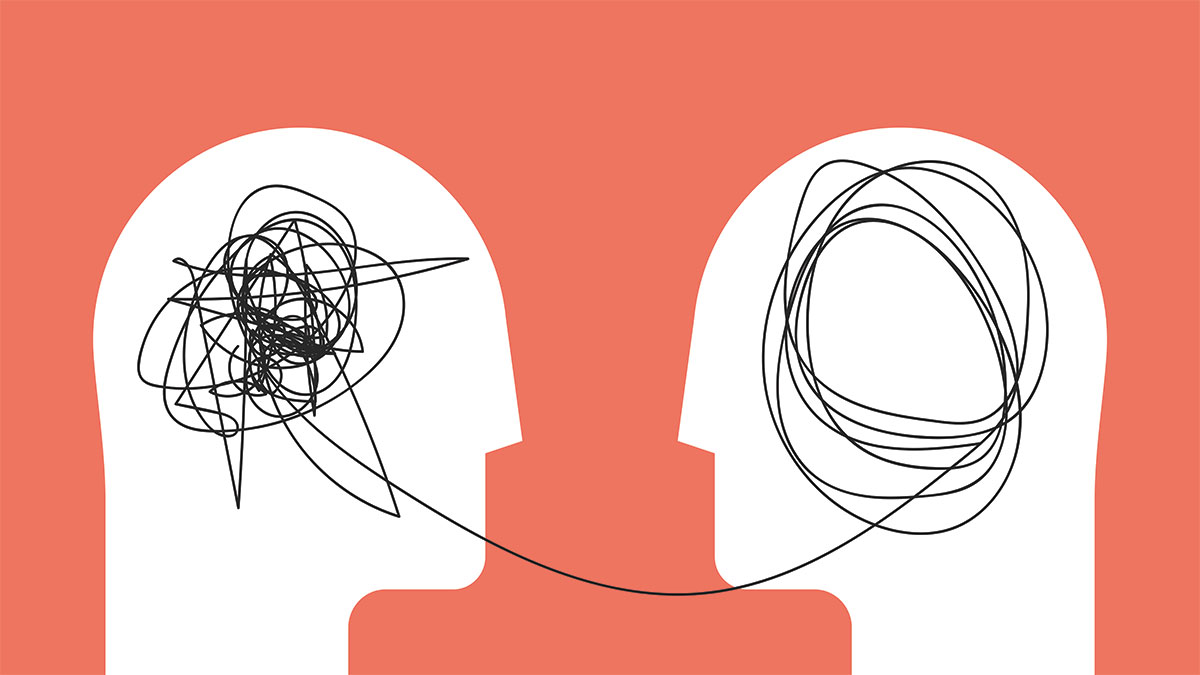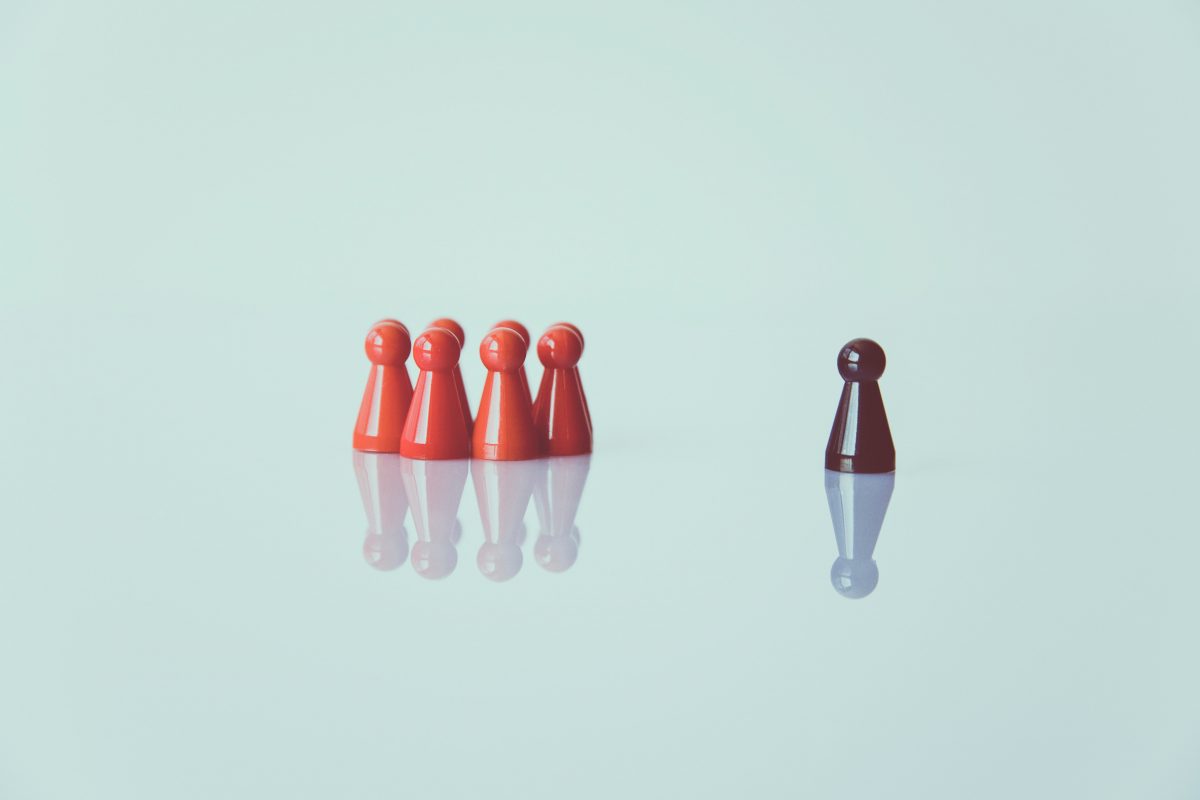
By Yamila García
After another long semester, we have reached the end. As we always do, we have survived many of those giant challenges we have encountered. So maybe this is a good time to reflect on what we’ve accomplished. We don’t always stop to look at what we have achieved, but how necessary it is! I think we should keep an inventory of challenges overcome and goals achieved as a way of reminding ourselves the next time we are faced with something, that we can overcome it too. It happens to me all the time that I forget what I have achieved. Every time I have to face a new challenge, fear and doubt invade me as if I were facing an obstacle for the first time. Many of them are even the same, and even so, I still doubt if I will be able to overcome them. I have already accumulated several years of experience doubting myself, and I believe that many do the same. That’s why I think it’s extremely important to be able to give ourselves credit for what we’ve done so far. Recognizing and valuing what we have managed to do gives us the strength to face new challenges and the certainty that with enough effort, we will be able to overcome what is coming. If only we could have those triumphs more present in our day-to-day lives, perhaps the burden would not be that heavy.
Do you remember the first day you stepped foot in Storrs? So big, so unknown, how many buildings! How am I going to learn the locations of my classrooms?! When am I going to stop getting lost or taking the wrong bus? How many times on the first day of class did you look at the class syllabus in disbelief? How many other times do we look ahead and feel that the semester would carry the workload of 3 years? And today? All that is behind us. Today, many of us already feel that Storrs is our second home. We walk with confidence, without using the GPS on our cell phones. We know the bus drivers, we know the dining hall menus by heart, and everything is familiar to us. We have also passed a lot of classes and are getting closer to the main goal! So I propose, as a way to close another semester, that we celebrate ourselves! We have done many things, faced many fears, and grown a lot. Let’s give ourselves the credit we deserve, let’s stop thinking it’s not enough. We must understand that although we always tend to want more, what we have done is already a lot. We are enough, and our biggest challenge is to remember it next semester.
Enjoy the Summer!

